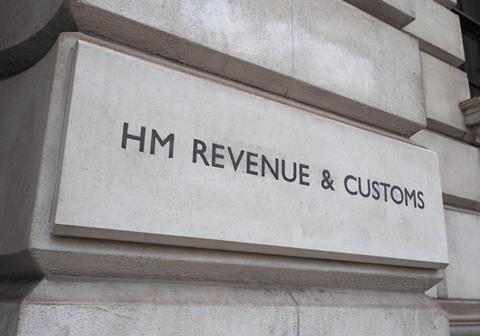
The government is facing criticism as it presses ahead with proposals to bring pensions into the scope of inheritance tax (IHT), despite alternative solutions being put forward.
HM Revenue & Customs (HMRC) this week published draft legislation for the move, which is expected to come into force from April 2027.
It has dropped previous plans to include death in service benefits, and also abandoned a proposal to require pension scheme administrators to levy the tax. Instead, the draft legislation now puts the onus on those handling a person’s estate to pay the tax.
While these moves were welcomed by the pensions industry, many more have expressed disappointment that HMRC did not make further changes to simplify the plans and reduce the impact on families.
Interactive Investor, the consumer-facing investment platform, described it as a “hugely disappointing update”, arguing that it would mean grieving family members inheriting a loved one’s unspent pensions may face serious delays and additional costs.
Craig Rickman, pensions expert at Interactive Investor, said: “Alternative solutions were presented to the government at no detriment to its fiscal targets, which would’ve eased the burden on surviving loved ones. It’s a real shame these have not been taken on board.”
He added that some consumers were already altering their behaviour ahead of April 2027, with some making pension withdrawals “sooner than previously intended in fear of loved ones being hit with exorbitant tax bills and facing an administrative maelstrom”.
Andrew Tully, technical services director at Nucleus Financial, said including pensions within the IHT environment would deliver poor outcomes for customers, beneficiaries, personal representatives, the industry, and HMRC.
He warned: “This complex process will cause bereaved families confusion and stress at a difficult time and doesn’t fit well with the support firms may want to provide people who are likely to be vulnerable following the death of a loved one.
“While it is welcome that HMRC has made some amendments to its proposals, it is very disappointing that it has not listened to very strong views that using IHT is not the best option.
“Recent analysis has proved there are other options that allow the government to increase its tax take on wealthier people passing on pension wealth, while avoiding the numerous problems created by bringing pensions into IHT.”
Claire Carey, partner at Sackers, said existing exemptions and nil-rate tax bands would mean that the majority of estates will not be subject to inheritance tax. However, she added that the plans would still increase regulatory burdens on pension schemes.
She said: “At a time of increasing regulatory burden, the new measures will impose additional obligations on pension schemes, not least by increasing information flows between them and personal representatives.”
Alasdair Mayes, LCP partner, added: “The technical changes to the way in which IHT will be collected on pension benefits are welcome by pension scheme administrators but will place a significant additional burden on personal representatives, many of whom are not experts in financial matters at a time when they may well be vulnerable having recently been bereaved.”

























